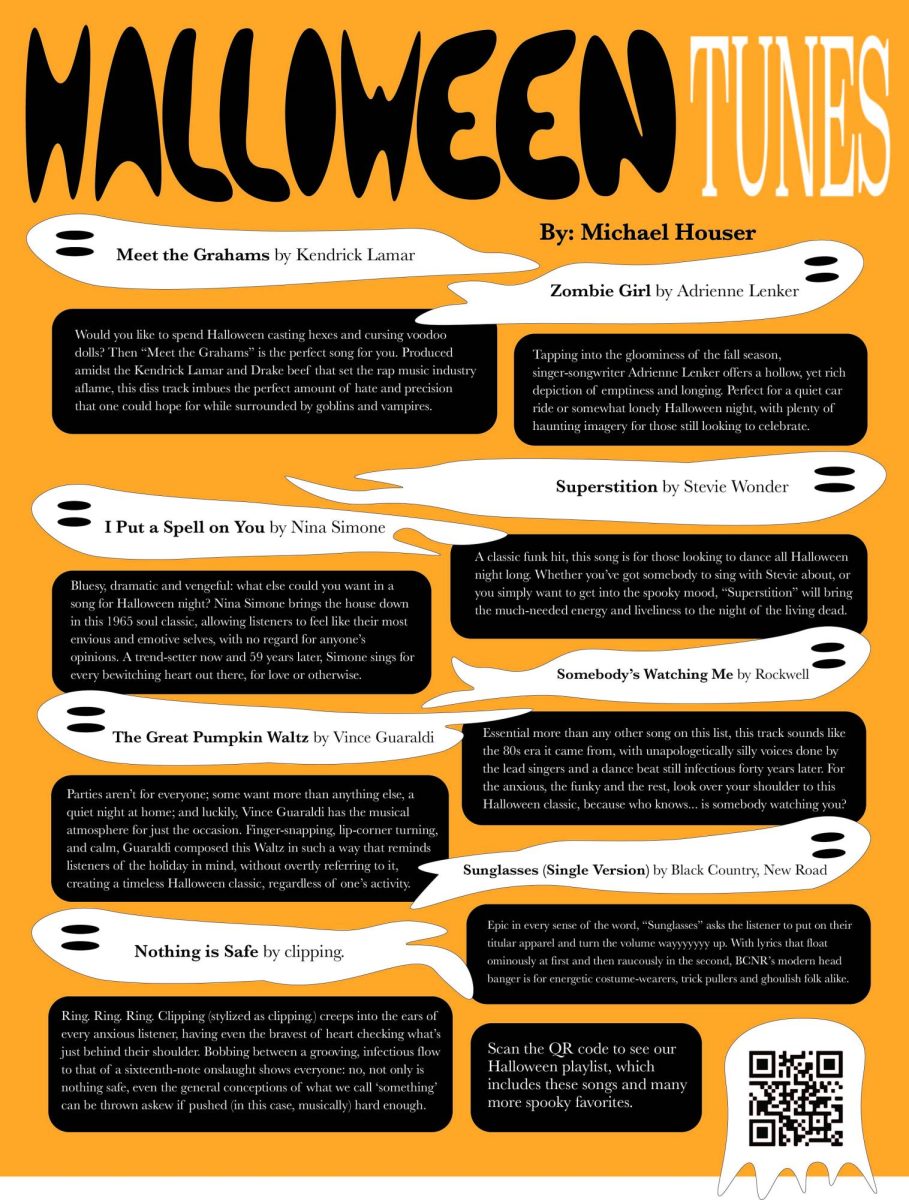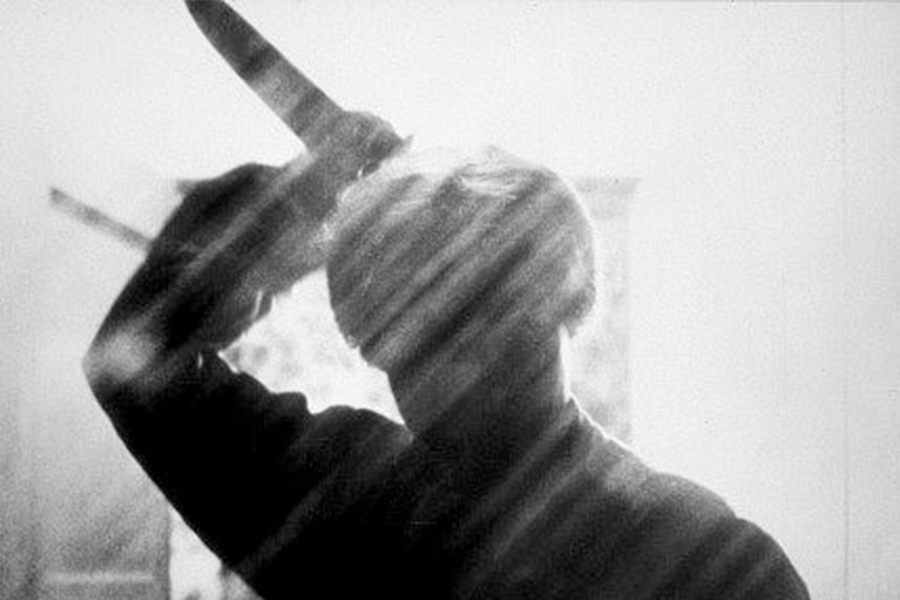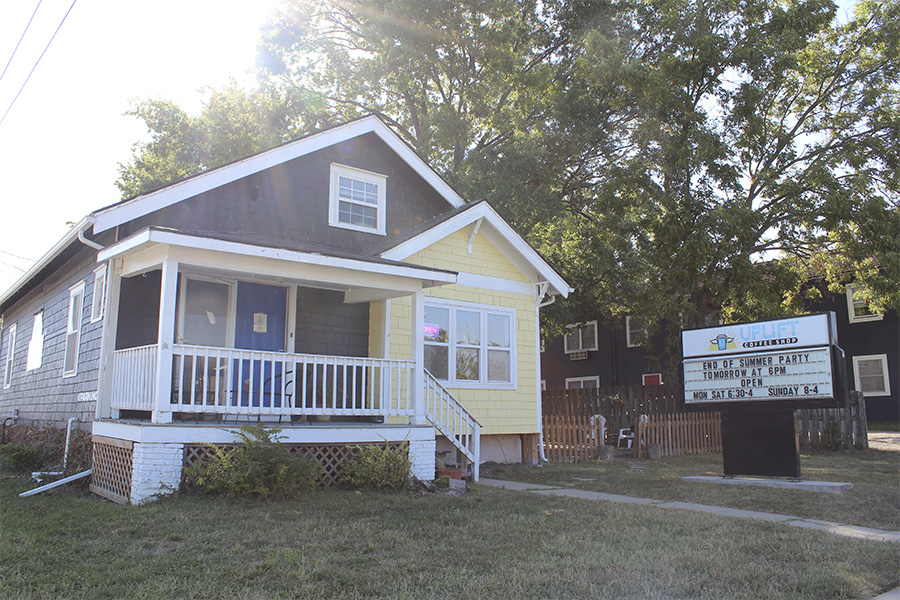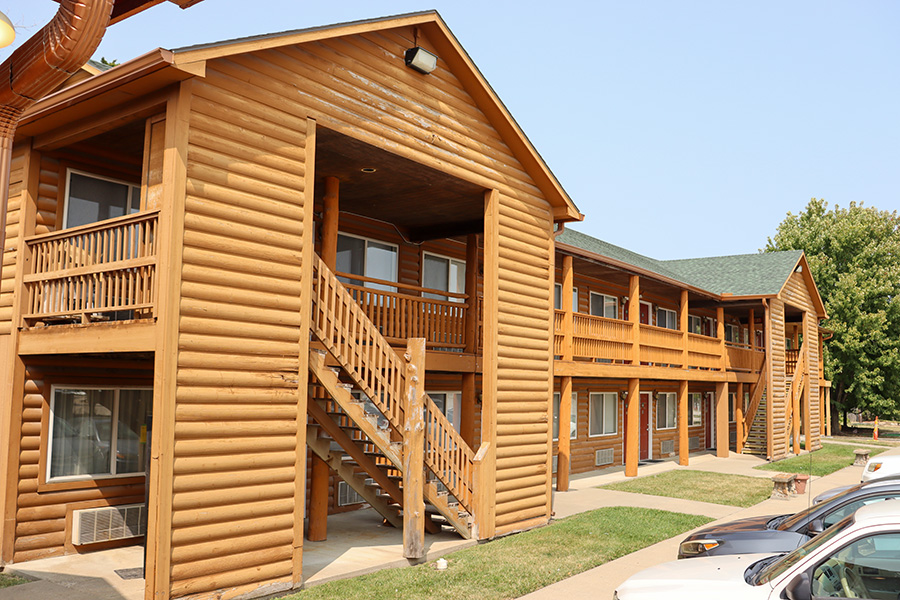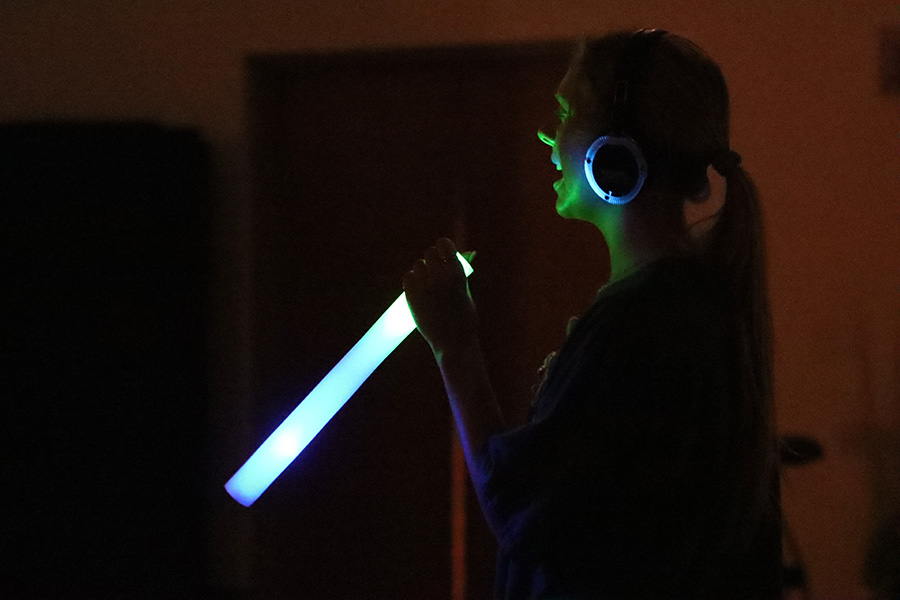Coaches at Baker University want to see the best performance their teams have to offer, so many try to limit their players’ alcohol intake during the season.
Men’s soccer coach Alan Koch said his team is not allowed to consume any alcohol 48 hours prior to any contest. He said he hasn’t had any problems at Baker so far, and over the course of his coaching career only one player has ever actually broken the rule. Because the rule is rarely broken, he said he doesn’t have a set disciplinary plan for a player in violation of the policy.
“There are no consequences because they don’t do it. If they did do it, then we would have consequences,” Koch said.
Head baseball coach Philip Hannon said he doesn’t have strict guidelines to determine when a player can and cannot drink, but said as long as the team is playing games or working out to better themselves as players, they should avoid alcohol.
“Our whole thing is if you’re working out and trying to get better, alcohol isn’t going to help you get better, so don’t do it,” Hannon said.
Hannon said the consequences for drinking during baseball season or workouts vary. Underage culprits, who shouldn’t be drinking anyway, might receive physical punishment like extra running, or they might have to apologize to the team for harming team performance. He said the biggest consequence of drinking as an athlete is not being able to perform.
“It’s gonna take away your playing time ’cause you’re not performing,” Hannon said.
Women’s soccer coach Nate Houser said he has a no-drinking policy during soccer season, but said he doesn’t think an alcohol restriction should be much of an issue anyway because only two team members are over the legal drinking age. He said some lapses have occurred in the past with how well the team followed the rules, but no major problems have arisen.
“The first two seasons I was here I had (the same policy), and then last season I tried to give the girls a little more freedom, and that didn’t go very well,” Houser said.
Basketball player Kelly Dunn said her head coach, Susan Decker, has a policy of no underage drinking and for those that are of age, no drinking 48 hours prior to a game. Dunn said the severity of the consequences is usually at Decker’s discretion, and the punishment ranges in accordance to the offense.
“She has made it clear to us that Baker is a small campus and that people talk, so she finds out if we’re going against the rules,” Dunn said.
Dunn said her team is currently going through a hydration study, and Gatorade studies indicate hydration is an important part of preventing fatigue.
Houser said soccer is a game in which a player has to make decisions rapidly.
“Number one, it shows a commitment to the team in putting the team before yourself,” Houser said. “Number two, you cannot perform at your mental or physical best when you’ve been drinking alcohol.”
Hannon said with as many baseball games as the team plays each week, players are already punishing their bodies, and alcohol brings cramping, dehydration and even more fatigue.
Hannon also said he would kick players off the team if the situation called for it. He said if players are drinking when they should be focused on baseball, it shows they aren’t completely committed to the team.
“As a student-athlete, either you have to be committed to the program or committed to the college life,” Hannon said. “You can’t do both.”


